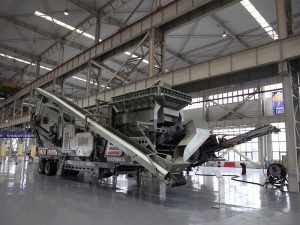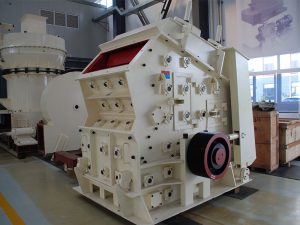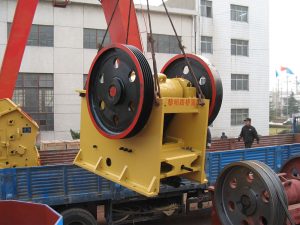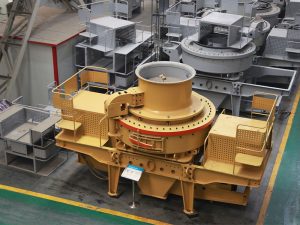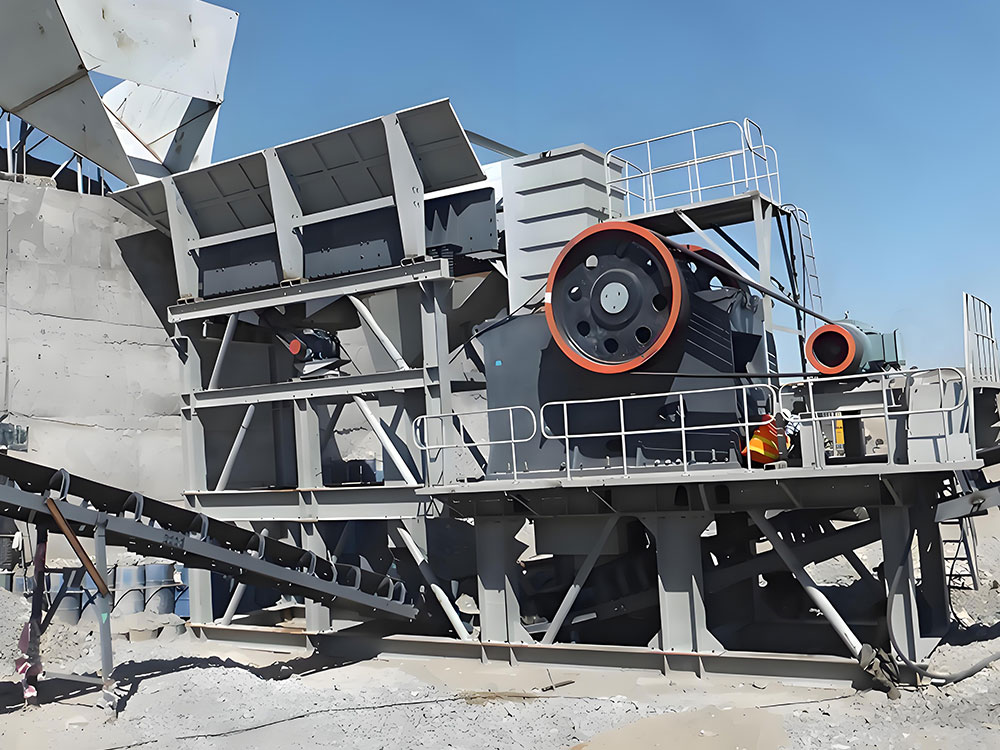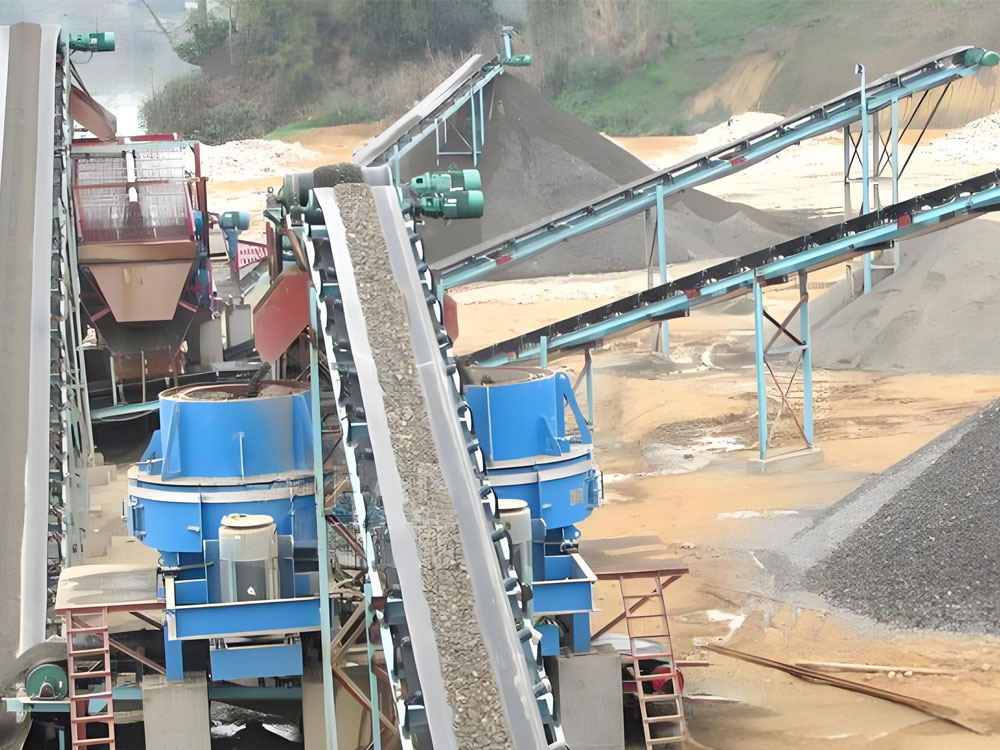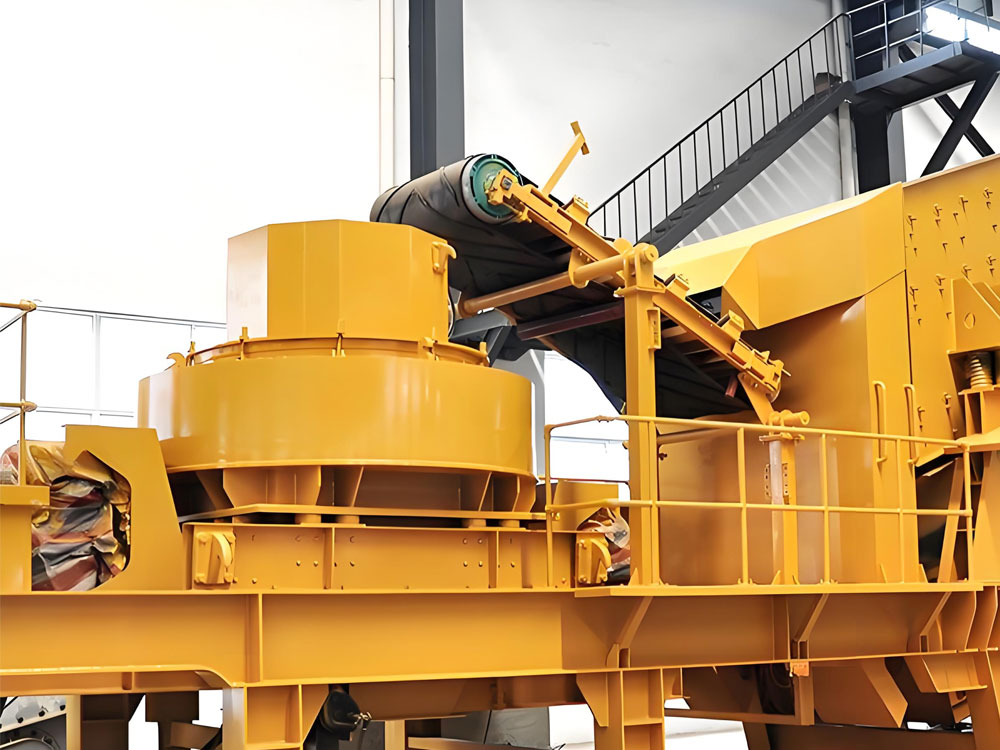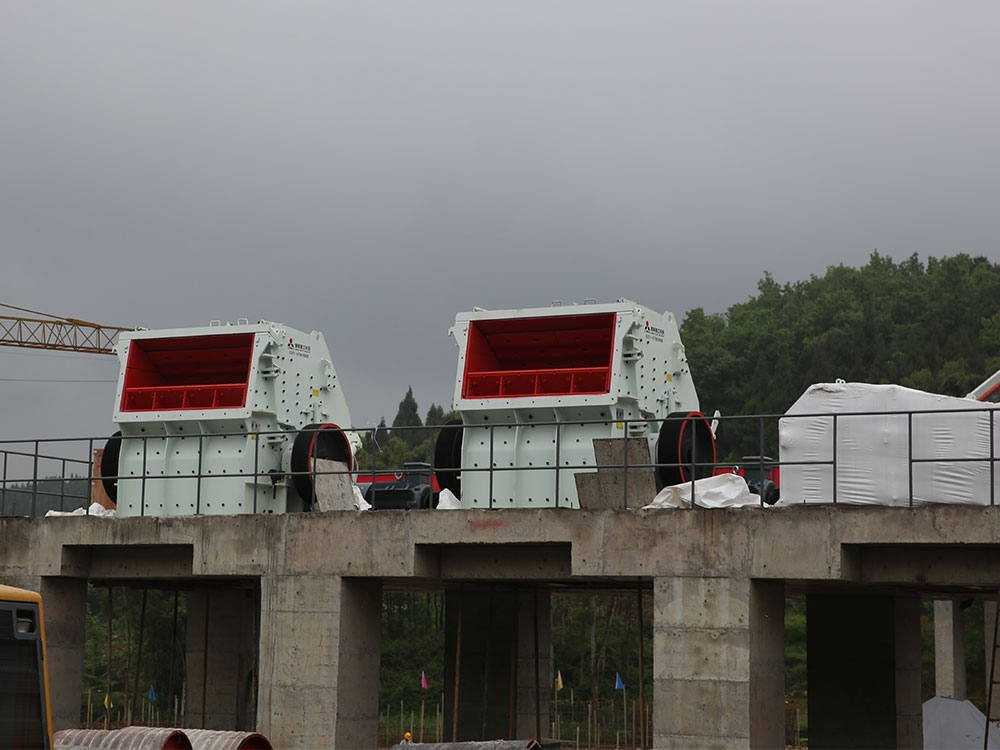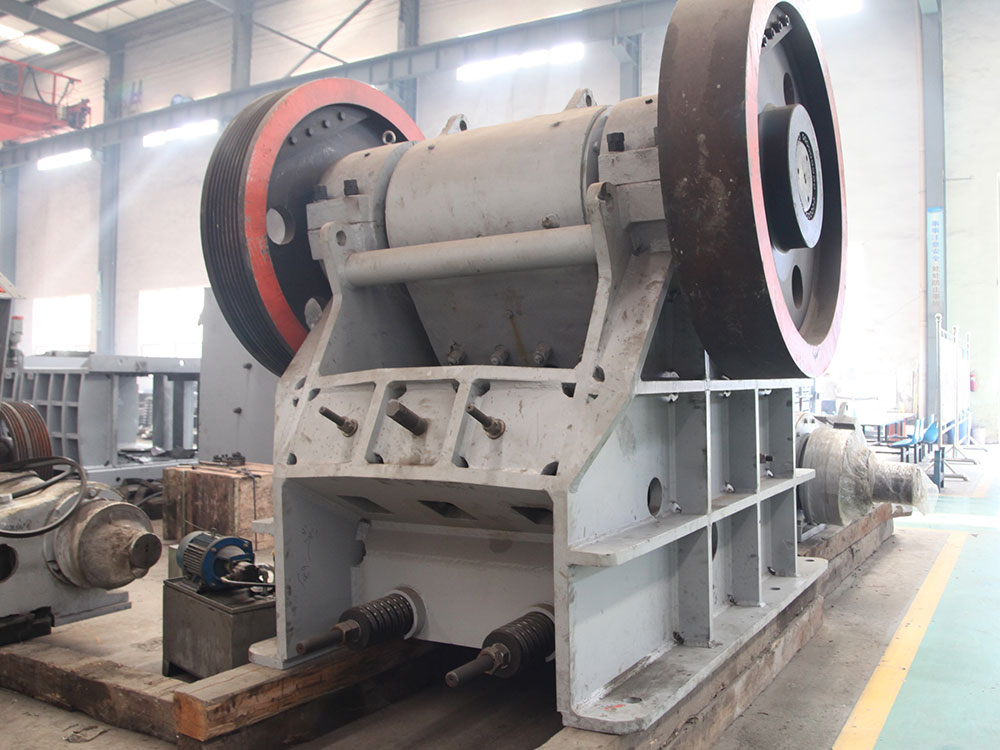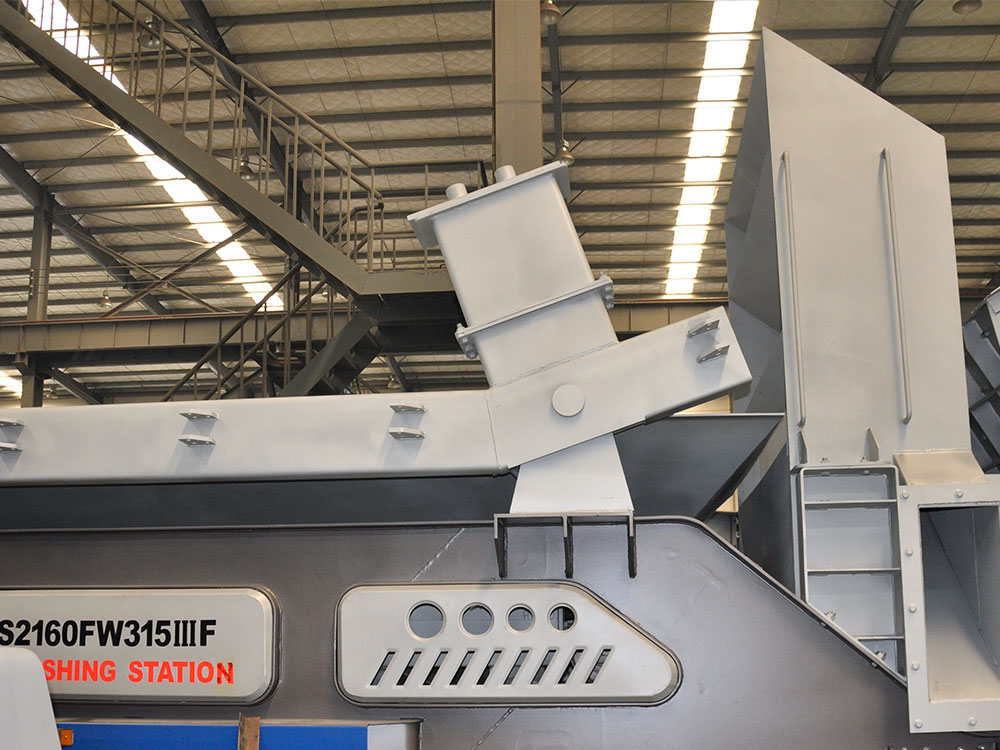Construction waste crushing and sand-making machines come in various models, with processing capacities varying significantly based on equipment type and technical specifications. Below is an analysis of common models and their processing capabilities:
I. Fixed Crushing and Sand-Making Machine Processing Capacity
Jaw Crusher (Primary Crushing)
Processing Capacity: Typically 100-1500 tons per hour, depending on model and configuration.
Application Scenario: Suitable for primary crushing of construction waste, reducing large chunks to medium particle size.
Cone Crusher (Medium/Fine Crushing)
Processing Capacity: Ranges from 50-1000 tons/hour, with high-efficiency models achieving greater output.
Application Scenario: Further crushes pre-crushed material to meet sand-making machine feed requirements.
Vertical Shaft Impact Crusher (Sand Making)
Processing Capacity: 50-650 tons/hour depending on model.
Applications: Produces manufactured sand meeting construction sand standards from crushed materials.
II. Processing Capacity of Mobile Crushing and Sand Making Machines
Truck-Mounted Mobile Crushing Station
Processing Capacity: 40-500 tons/hour, suitable for small-to-medium scale construction waste processing.
Advantages: High mobility enables rapid relocation, reducing material transportation costs.
Crawler-Type Mobile Crushing Station
Processing Capacity: 100-1000 tons/hour or higher depending on configuration.
Advantages: Fully hydraulic drive adapts to complex terrain with high integration.
III. Analysis of Typical Case Handling Capabilities
Shandong 500-ton/hour Construction Waste Processing Project
Equipment Configuration: C6X jaw crusher + CI5X impact crusher + PFW impact crusher + VSI6X sand maker + vibrating screen.
Processing Capacity: Annual output of 2.1 million tons of construction waste, daily processing volume approx. 6,000 tons (calculated based on 350 days/year).
Small Mobile Sand Maker Application
Processing Capacity: 40-200 tons/hour, suitable for on-site processing at urban demolition sites.
Advantages: Ready to use immediately upon arrival, no fixed foundation required.
IV. Factors Affecting Processing Capacity
Material Characteristics: Construction waste has complex composition, with varying hardness levels of concrete blocks, bricks, rebar, etc., impacting actual processing efficiency.
Equipment Configuration: Multi-stage crushing + screening systems boost efficiency by over 30% compared to single-unit operations.
Process Design: Semi-dry production reduces energy consumption by 20% compared to wet methods; dust control is critical in dry production.
Maintenance: Regular replacement of wear parts (e.g., hammers, liners) maintains over 90% of rated processing capacity.


